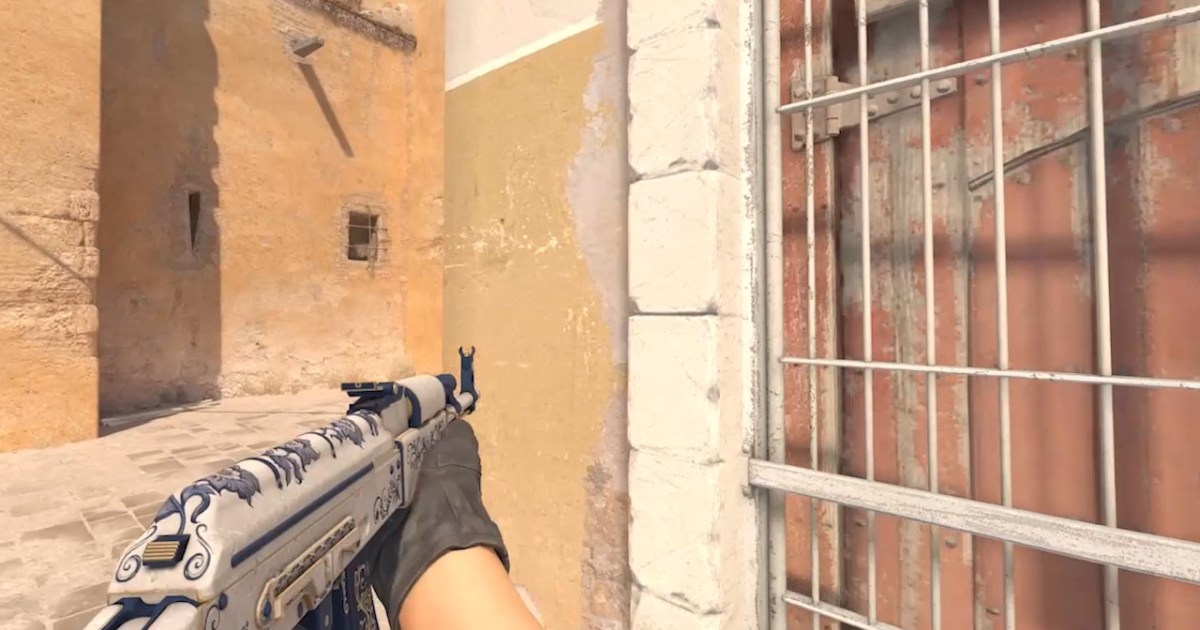[
Once, there was white wine or red wine. Now there is a rainbow of in-between colours, from cough-mixture cerise through to pink, blush, slightly-orange and “gris”, with names from “Whispering Angel” (my favourite, though I’m not terribly fussy) through to “Pink Bang” (which we drank a lot of in Greece).
And it’s all starting to cause trouble. This week Éric de Saint Victor, who owns the renowned Château de Pibarnon in Provence, said that this avalanche of mass-produced rosés is ruining the reputation of, well, rosé.
“We cannot abandon this colour to the trading system, to these bad rosés that have been produced in great volume for ages,” he told Le Figaro newspaper. “[It leaves] people in total ignorance of what a good rosé can be. A rosé is good, it’s powerful, it goes with Mediterranean cuisine.”
The backlash was huge. What a snob, everyone crowed. Commentors, particularly in the UK scrambled to show their egalitarianism by claiming a deep love of cheap ’n’ cheerful pink plonk.
But of course, there is more to this than simple French snootiness. De Saint Victor claims that mass-produced rosé is reputation-ruining, but in fact what it is doing is seriously threatening the livelihood of small producers.
Who is to blame for the boom in rosé? Perhaps it’s Instagram’s fault (like everything else). After all, every iteration of rosé wine is a pretty colour and looks great in pictures.
Or maybe it was the weather that did it. The wine writer Bill Knott says: “Ever since the hot summer of 2003, the UK can’t get enough of rosé.” The stats says rosé is on a roll: global wine production increased by 25 per cent between 2001 and 2021. And, most of all, rosé is fun. Red wine is not fun. White wine is quite fun but still old-school and feels a bit, I don’t know, tired. Rosé is young and modern and fun and says: “Now the party can start.”
The market caught up slowly, then quickly and, suddenly, all anyone wanted to drink from clocks forward to clocks back was Léoube, Whispering Angel or Domaines Ott.
Global rosé wine production increased by 25 per cent between 2001 and 2021. The supply of rosé wine is highly concentrated, with the top 10 producing countries representing almost 90 per cent.
And then along came Kylie Minogue’s eponymous wine in 2020 and things went completely crazy. Rosé wines now dominate chiller cabinets. What self-respecting woman, from girlies through to huns, would reach for anything else on a sunny day off? Bottle, placcy cup, bbq, friends, stick it all on the ’gram.
Bill Knott again: “The truth is that if a rosé is served very cold, (especially in a big glass with ice cubes: the infamous “piscine”), nobody really cares what it tastes like. It is about a refreshing slug of pale pink alcohol, and any overt flavour or character would be a distraction. When people are lying by the pool, even those who love to swirl and sniff at dinner parties, they pay more attention to their bottle of suncream than they do to their bottle of wine.”
Despite the democratising influence of the internet on most things, people are also still very shy about wine. Many people think it is pretentious to claim to know about it, even though they may have a multi-step coffee order and have a preferred mineral water, which is why so many actual grown-ups in restaurants ask for the “house white”, even though it will definitely be nasty.
So if Kylie tells you she’s got a nice rosé, why wouldn’t you just reach for that? And everyone has heard of Studio Miraval, the winery at the centre of the Brad Pitt and Angelina Jolie divorce. When people are that clueless, as we mostly are as a nation when it comes to wine, name recognition is everything.
Elizabeth Gabay is an author and a Master of Wines. She says: “We all want the easy purchase – guaranteed quality, consistency year to year and very standardised flavour. National newspapers like to recommend goods available around the country, backed by a good marketing campaign.”
Small producers can’t always create the easy purchase: supermarkets (which is where most people buy their wine) would probably like to support small vineyards, but they cannot produce the tens of thousands of identical bottles a supermarket requires for it to make sense stocking it.
Wine producers pride themselves on growing particular grapes in a particular soil, making the wine right there and bottling a select amount. They now find themselves competing against giant companies, who buy up the right grapes from literally wherever, stick it all in a barrel, throw in a ton of sugar and churn out as many millions of litres as anyone wants.
So if you are an independent rosé producer, battling away in an increasingly competitive market, it’s a scary time. Without a big corporation behind you, such as Benchmark Drinks, which makes the Kylie range, a few weeks of bad weather can kill your vines and therefore finish you off.
And what it probably very much feels like to them is that they are being bullied out of the market by big, naff, bland bottles of this “swimming pool” wine, which has none of the exciting flavours that they bust a gut to produce and, crucially, none of the very strong emotional cultural associations the southern French have with a certain kind of rosé.
This reminds me, personally, very much of the milk price wars in the Eighties. My uncle was a Welsh dairy farmer, god rest his soul, and nearly went under because of precisely the economic factors that affect the rosé market: supermarkets squeezing suppliers until they turn blue in order to pass on those savings to customers in an infernal race to the bottom.
Suppliers wanting respect and a fair price for their independently-produced product isn’t, in fact, rank snobbery. It’s a fight for survival. De Saint Victor just didn’t choose his words very carefully – so it just came out sounding like sour grapes.







